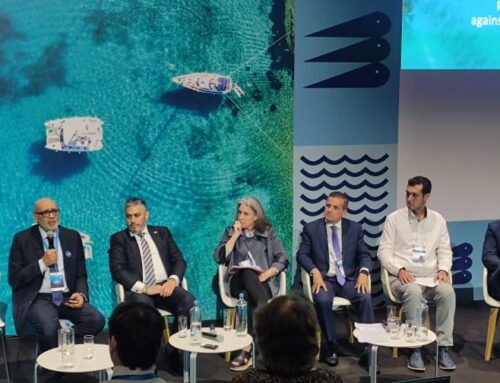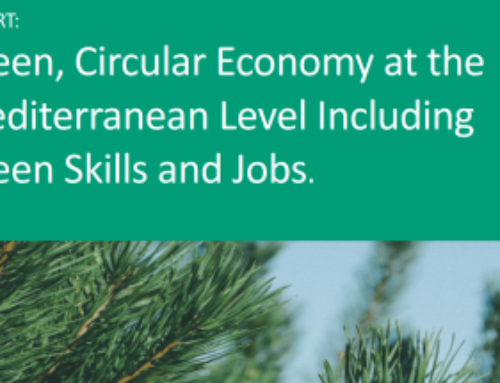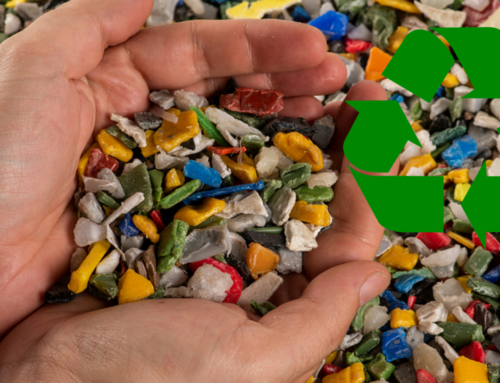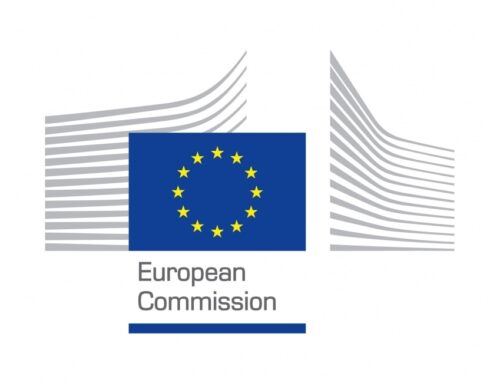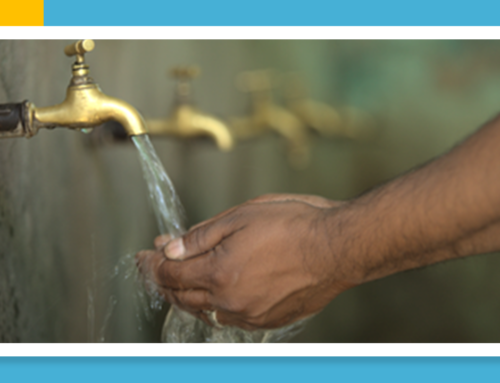The Mediterranean is among the most arid regions in the world. While the region holds only 3% of global water resources it hosts over 50% of the world’s water poor populations, around 180 million people, according to FAO. Human-made pressures, such as population growth, urbanization, water intensive agriculture, tourism and other industries, together with misuse, keep increasing water demand. Technical solutions alone are not enough. A “new water culture” of sensitized citizens is needed, people who respond positively by saving water, keeping it clean, and adopting practical, ‘green’ and cost-effective solutions.
The EU funded WES project is organising a regional activity to provide technical assistance and strengthen the capacities of the WES Partner Countries to effectively implement Water related Education for Sustainable Development (ESD) with emphasis on water reuse after appropriate Waste Water Treatment (WWT) and other Non-Conventional Water Resources – NCWRs (e.g. irrigation and aquifer recharge, use of collected rainwater in buildings, stadiums, airports for urban uses in parks, gardens or cleaning roads etc., greywater reuse in toilets, etc.).
The first 3-hour webinar was organised on the 23rd of February 2022, with the participation of more than 50 administrators from Ministries of Education and of Water/Environment/ Climate, trainers, teachers, and NGOs. The participants will continue and complete their online training with a second 3-hour webinar on 09/03/2022.
Through this regional training, participants are expected to:
- Increase their knowledge and competences in designing and implementing Water related Education for ESD with emphasis on reuse of appropriately treated water deriving from WWT Plants and NCWRs.
- Enhance their capacities to implement learner-centred and participatory ESD didactic approaches relating to water in their own educational contexts.
- Learn about how WWT and NCWRs applications in schools and other institutions, combined with appropriate ESD, can transform the educational institution into a learning lab for sustainability (Whole Institute Approach).
ESD is an interdisciplinary system, process and form of education, that is acknowledged as essential in reaching all Sustainable Development Goals. Focusing on the provision of water education, is a necessary and powerful management tool for the achievement of water security and sustainable development.


